|
London has overshot its air pollution allowance for the year, for the eighth year in a row, before the start of February. This has taken more time than the previous year when it took less than a week to break the allowance. This is just one of the news items that appear in headlines that spur the safari industry to become more sustainable and to protect the untouched beauty of the habitats and the wildlife within them that guests come to see. In this, the second of our sustainability blogs, we will focus on East Africa. Properties in the spotlight are Little Governors’ Camp in Kenya’s Maasai Mara and Singita in the Grumeti & Northern Serengeti of Tanzania. Governors’ camp switches to solar Little Governors’ Camp is smaller than its larger sister, Governors’ Camp. Built in 1976, it comprises 17 tents near the Mara River in the north-eastern part of the Maasai Mara Reserve in Kenya. It is only accessible by a boat trip across the river, with vehicles left behind on the bank, exhibiting the value Governors’ place on peace and tranquillity for their guests. The tents surround an active watering hole that is visited regularly by elephants and the camp’s resident warthog family, that are known to walk between the tables at mealtimes! In 2017, the camp was converted to run completely on solar energy. By installing solar panels on the roofs of the staff accommodation, the camp’s back-of-house operations and all guest needs are met by the power of the blazing African sun. Each guest tent also has a solar water heater discretely placed behind the tent. The camp has a “carbon counter” at reception that records how much is saved by turning to solar energy. Earlier in the year Governors’ had also made big moves to reduce their plastic use, following a ban on the use of plastic bags in the country. If a person is caught with a plastic bag the penalties can be harsh. Governors’ also invested in reverse osmosis water filtration systems providing guests with clean drinking water that does not need to arrive at camp in plastic bottles. As is the trend with many African camps now, each guest is given a refillable metal water bottle on arrival. There are water refills around the camps and each tent has glasses with their own filtration system too. This also allows the camps to use fine hand-blown glass jugs to fill guests water glasses at meals instead of plastic bottles. Little Governors’ have also changed their bathroom amenities packaging. The rooms have all the locally made organic luxuries expected and they are now in metal dispensers rather than plastic. Singita Wildlife fees introduction At the end of 2017 Singita changed their policy regarding Tanzanian Government wildlife and conservation charges. They had been paying these amounts on behalf of all guests from their accommodation charges, but with their conservation programs in the region becoming more successful and more opportunities emerging that require extensive funding, this policy has changed. As with other wildlife areas in the region, these government charges will now therefore be charged to visitors – applicable only to new bookings. Wildlife fees are paid for every person and vehicle that enters a designated Wildlife Management Area in Tanzania. The fee is paid to the Community Wildlife Management Areas-Consortium. Recognised by the government in 1998, the consortium ensure that the rich wildlife and natural areas of the country are protected, managed and are of benefit to the local communities surrounding them. Some of the things the organisation has achieved to date include; uniting communities in the Wildlife Areas, giving them a stronger voice to bring to discussions with government; attracting tourism investment of over 4.3 million USD to 12 different Wildlife Management Areas and bolstering the anti-poaching efforts by training local scouts and providing them with the power to make lawful arrests. In 2003 Singita was granted custodianship of the 350,000 acres of the unique Grumeti reserve in the western Serengeti National Park. The animal numbers in the area had been severely depleted by poaching, wildfires and invasion by alien species. In the years since the area has nearly returned to it’s natural state. The full works of the Singita Grumeti Fund are worthy of a whole blog post of their own and so we will keep it concise here. The Singita Grumeti Fund has five main areas of focus; Conservation, Anti-Poaching & Law Enforcement, Community Outreach, Research & Monitoring and Relationships and the occasional special project also.
They have achieved the following “highlights”:
4 Comments
|
AuthorTrevor Carnaby Archives
March 2018
Categories
All
|

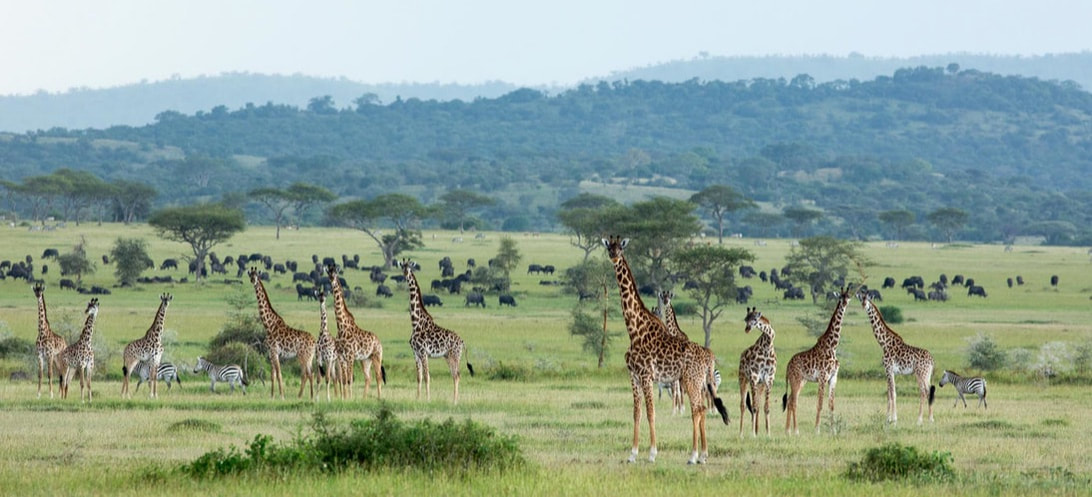
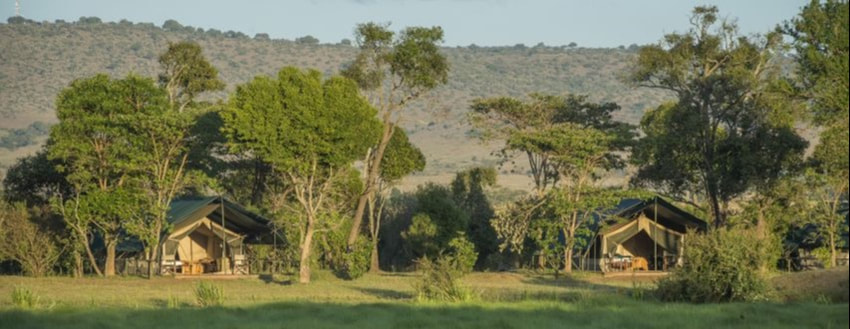
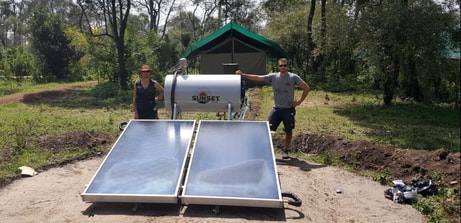
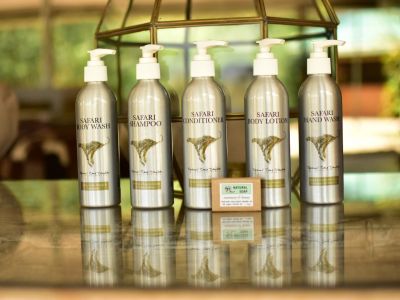
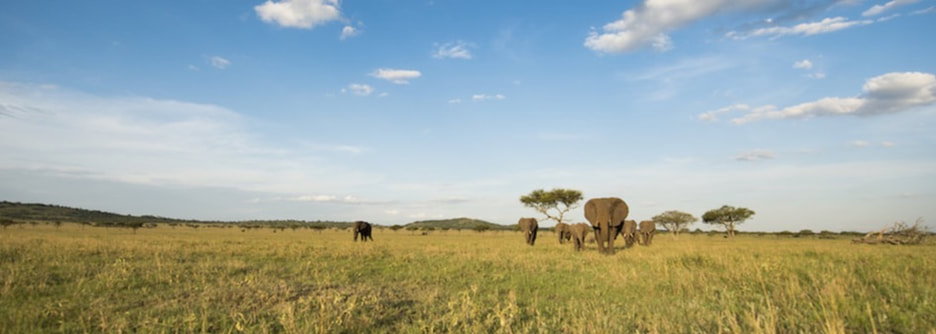
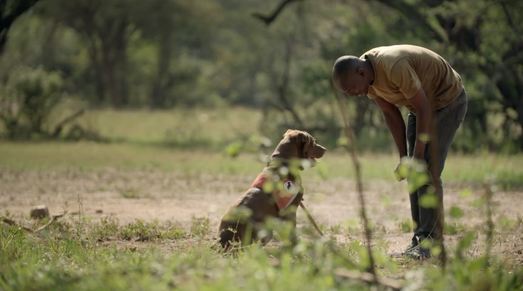
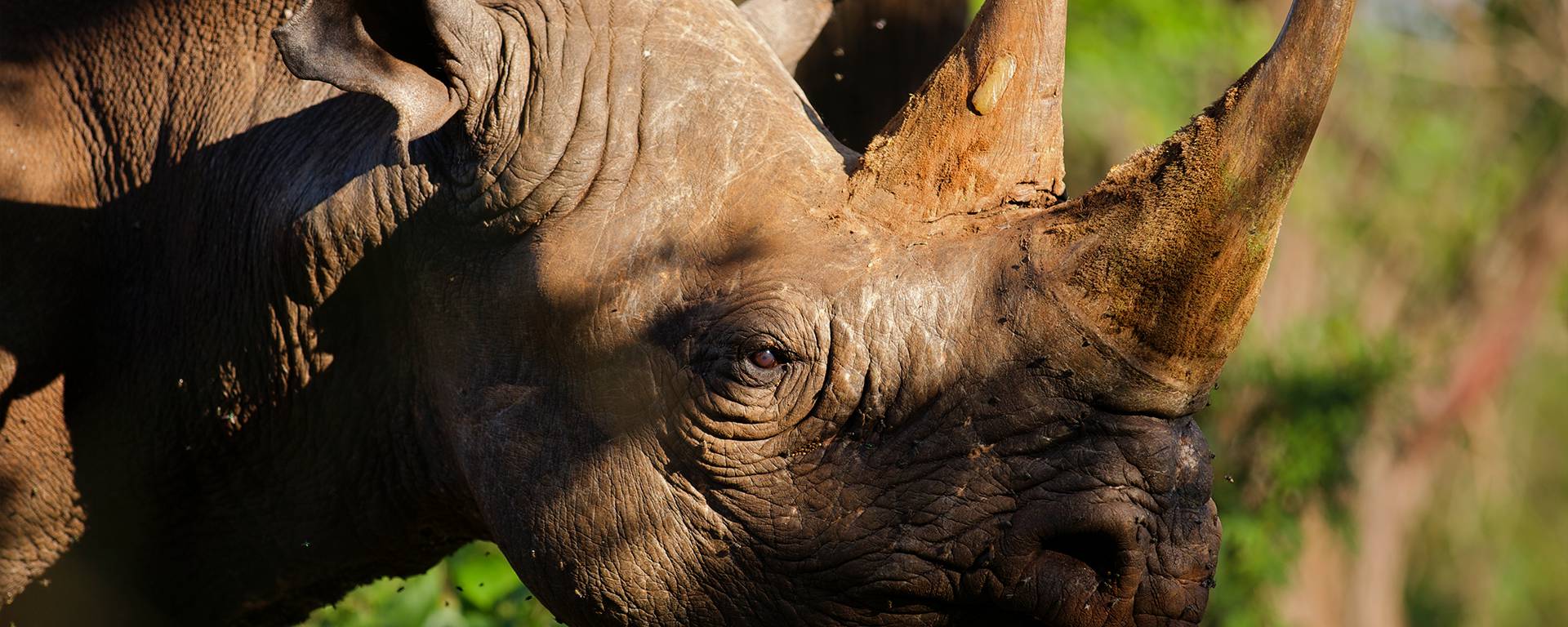
 RSS Feed
RSS Feed
